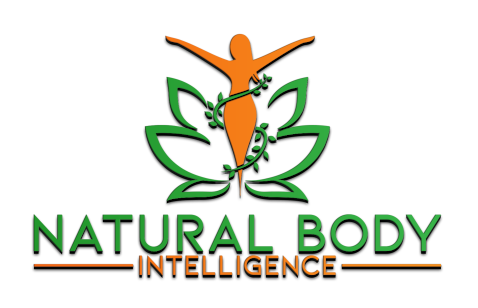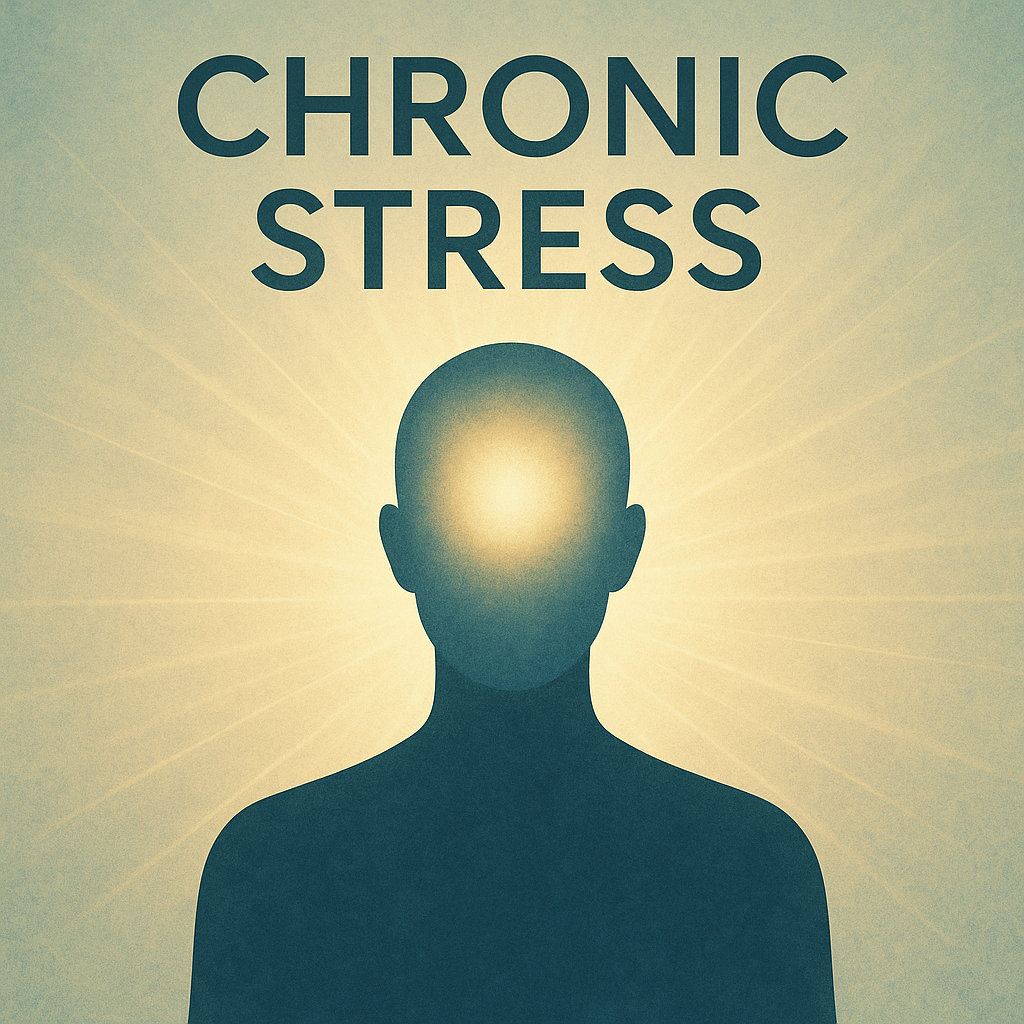Chronic Stress: The Body’s Constant Emergency
Stress is often spoken of as a mental or emotional condition, but from a Natural Hygiene perspective, it is a physiological state—a full-body reaction to danger or pressure that becomes destructive when it never stops. Chronic stress is not a disease but a state of prolonged emergency, in which the body has forgotten how to relax and renew.
Under natural conditions, stress serves a purpose: it prepares the body for quick, short bursts of action. Once the challenge is over, rest follows, and balance returns. However, modern living rarely allows that recovery. Continuous deadlines, financial worries, stimulants, noise, and emotional strain keep the body in a near-permanent state of alarm.
When this “fight-or-flight” mode becomes constant, the body exhausts its resources, paving the way for fatigue, anxiety, high blood pressure, digestive problems, and many chronic illnesses.
The Natural Hygiene Understanding
In Natural Hygiene, all health depends on nerve energy—the life force that coordinates every function of the body. Chronic stress drains this vital energy faster than it can be replenished. As nerve energy falls, digestion weakens, elimination slows, and the blood becomes toxic.
The result is enervation—the underlying cause of all disease. What begins as emotional tension soon becomes physical deterioration. The body loses its ability to self-regulate, leading to exhaustion, hormonal imbalance, and a weakened immune system.
Chronic stress is therefore not just “in the mind.” It is a whole-body condition of overwork and under-rest, a modern epidemic born from ignoring nature’s need for rhythm and rest.
The True Causes of Chronic Stress
- Overstimulation – Constant noise, screens, and activity keep the nervous system in a state of high alert.
- Stimulant use – Caffeine, sugar, and emotional drama give false energy while depleting real reserves.
- Poor diet – Cooked, processed foods and overeating burden digestion and contribute to fatigue.
- Lack of rest and sleep – The nervous system rebuilds only during deep rest; without it, depletion is inevitable.
- Emotional suppression – Repressed fear, grief, or anger create constant subconscious strain.
- Disconnection from nature – Artificial environments and lack of sunlight starve the body of renewal.
All these factors combine to create permanent enervation, where the body’s restorative processes can no longer keep up with the demands placed upon it.
The Body’s Response to Overload
When the body is overburdened, it sends signals: headaches, tension, fatigue, irritability, or insomnia. These are warning lights, not malfunctions. Suppressing them with medication only hides the problem while the underlying exhaustion deepens.
If the strain continues, the body eventually forces a rest through breakdown, depression, or illness. This is not failure—it is self-preservation. The body shuts down before irreversible damage can occur.
The Natural Hygiene Approach to Healing
Healing from chronic stress is not about managing it—it is about removing its causes and restoring natural rhythm. The aim is not to fight tension but to dissolve it through rest, purity, and reconnection with life.
1. Rest Completely
Sleep early and deeply. Take time each day for silence and stillness. True healing begins when activity ceases and the body can replenish its nerve energy.
2. Fast or Eat Lightly
Fasting gives the digestive system rest and allows the body to redirect energy toward repair. Even short fasts or simple fruit days can restore calm and clarity.
3. Simplify the Diet
Adopt a diet of fresh fruits, leafy greens, and raw vegetables. These foods provide clean energy without stimulating the nervous system. Avoid stimulants and processed food.
4. Breathe Deeply and Spend Time Outdoors
Oxygen and sunlight rebuild vitality. Walk slowly, breathe fully, and reconnect with the rhythms of nature.
5. Express Emotion
Tears, laughter, and honest communication release emotional tension. The nervous system relaxes when the truth is allowed expression.
6. Cultivate Stillness and Gratitude
Meditation, deep rest, and quiet reflection restore balance between mind and body. Gratitude dissolves fear and brings calm.
The Deeper Meaning of Stress
Stress reminds us that we have become disconnected—from nature, from rest, and from ourselves. It is a messenger, not a curse. When we respond by simplifying our lives, returning to clean food, silence, and sunlight, the tension releases naturally.
Life was never meant to be a struggle for survival. Nature designed us for peace, rhythm, and ease. When we respect those laws, energy flows freely again, and vitality returns—not as excitement, but as calm, steady strength.
In Summary
Chronic stress is not caused by life itself but by our resistance to life’s natural pace. It represents a body and mind locked in overdrive, deprived of rest and purity. Healing comes not from effort but from surrender—fasting, rest, emotional release, and quiet reconnection with nature.
When we trust the body’s wisdom and stop forcing productivity, the nervous system restores itself. Calm becomes our natural state, and health follows effortlessly.
Suggested Internal Links


